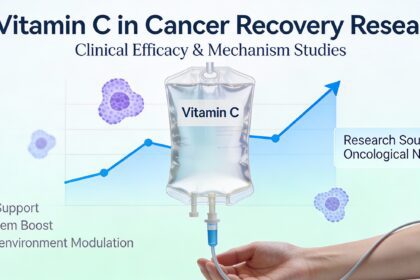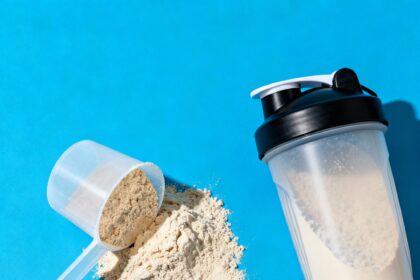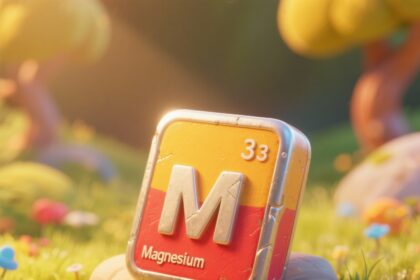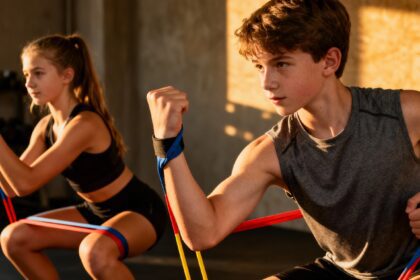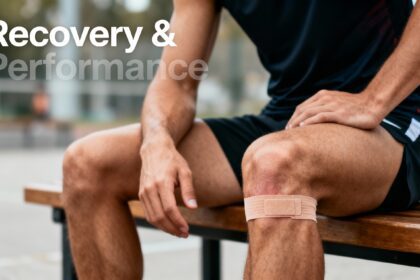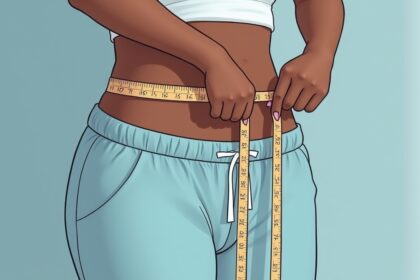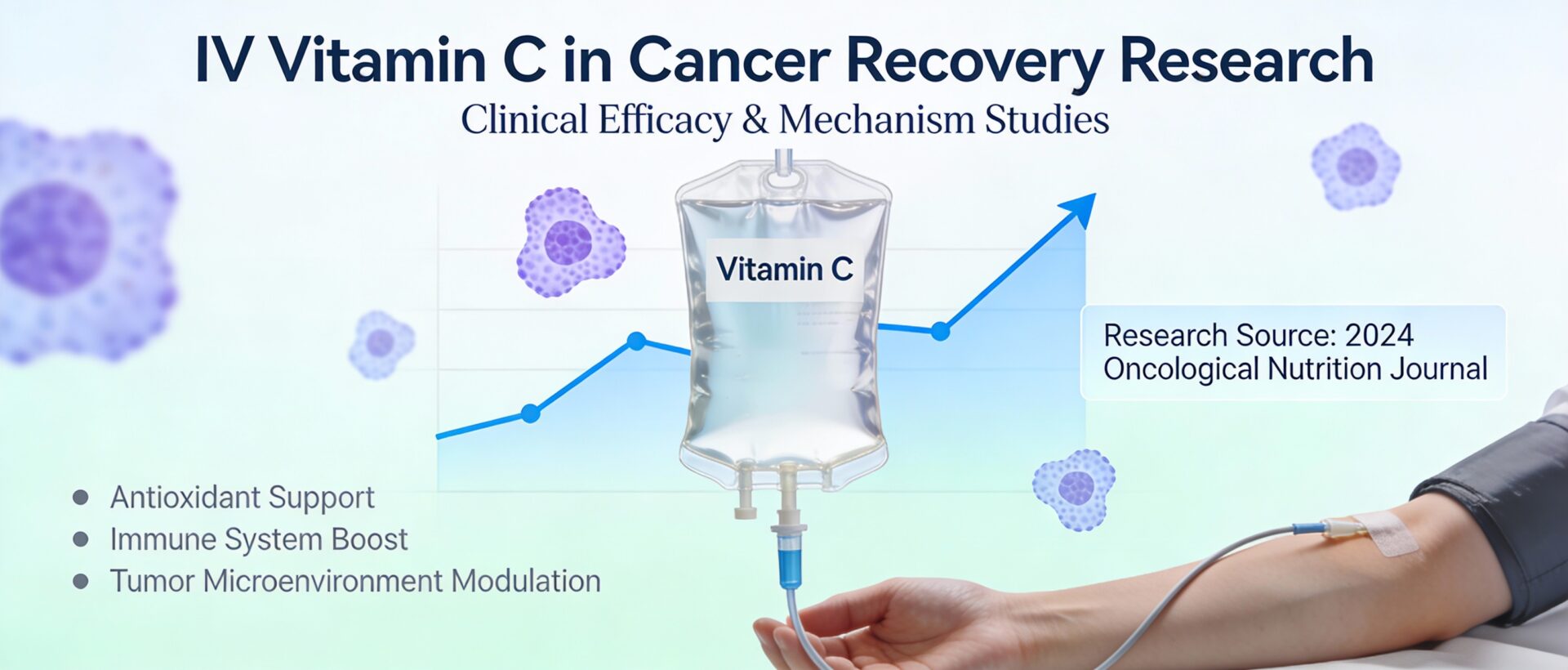Stop. Have you all gotten your exercise in for the day? Have you eaten ALL of your vegetables? Okay, I’ll stop! I didn’t come to badger anyone. In fact, I wanted to shed a little light on some topics that some of you may or may not be familiar with.
In the case of strength training, as with any exercise program, nutrition can be as much as 50% of the process (if not more so!). Let’s look at the effects of eating a total plant-based diet, and THEN add the physical demands of strength training. Seems crazy? I’ve been called worse things! But, that’s right friends! I eat a completely plant-based diet, also known as vegan. (Spoiler alert: I get plenty of protein and my B vitamins are A-OK.)
Now, in order to ensure you get all of the potential benefits of strength training while plant-based, you need to make sure of a few things. First, for any rigorous workout, within 45 minutes to an hour post-exercise, a muscle rebuilding/recovery supplement or shake needs to be taken. Sounds familiar, right? Well it is the same for us plant-eaters. Garden of Life has great products. There are meal replacement/ protein shakes, which I currently take, along with a protein, greens, and multiple supplements. This would be taken for initial recovery to ensure the muscles are fed the necessary nutrients required to begin the anabolic rebuilding process. No time for mixing or any of that prep? Water will do just fine for the time being, but get something soon after. Please, just not soda…(ANYTHING but that!). Let’s move on.
The second thing that a vegan must consider is that they are feeding their body the proper “pre-workout” when they are not working out. “Pre-workout” is anytime between having your post shake and before your next workout. This may sound like common sense, but for someone that has spent considerable time prepping, cutting, cooking and sorting produce takes dedication and commitment.
Giving your body whole foods that benefit your tissues, organs and circulatory systems is the main goal. But, of course, they also need to satisfy your cravings! When I say “whole foods”, I am referring to “food that has been processed or refined as little as possible and is free from additives or other artificial substances”. This strict definition lends itself to fruits and vegetables. But, it can also be taken a step further and can be seen as referring to organic. Another way to think of it is that you want “clean energy”. You don’t want to be doing squats or jumping jacks while trying to burn off either greasy foods or food that would not exist if it weren’t manufactured in a lab. Hopefully not. It may convenient at the time (and I love a Clif Bar!), but it comes down to what will benefit you the most. You are a work in progress. Every day presents new challenges. We just have to believe that we are strong enough to give our bodies the very best.
Okay, onto the third and final piece of this puzzle. Hang in there, friends. Let’s talk briefly about the Bench Press. When you grab that barbell, whether it is a 25lb or 45lb bar, your body recognizes that it is about to be put under a good deal of pressure. Taking the bar off the rack and before you lower it is referred to as an “isometric” contraction. Tension is developed without contraction of the muscle. Then, lowering the barbell towards your chest is called an “eccentric” contraction. There is tension in the muscles while they are lengthening, preparing for the next phase. Shortening of the muscle during contraction is known as concentric movement. This is when you push the barbell back up. Now, to even remove the bar from the rack requires significant strength. Further, to be able to lift heavier the next set, you need to have muscles that have received all the nutrients they need to recover and rebuild.
One main physical benefit that I have noticed with weight-training and veganism, regarding myself as well as professional athletes, is that the muscles can be so much leaner and more defined than non-vegans. Think thoroughbred horse, every muscle is sculpted with very little fat covering it. Another perspective: Why is turkey considered a “lean meat”? There is little to no fat in the bird’s diet, mainly seeds and grains.
Obviously, there are other considerations that are involved in strength training. So, let’s talk about food again, since it’s one of my favorite things. Vegans are thought to have very low Iron levels. Iron is important in one’s diet because it is directly involved in the production of a thing called hemoglobin, which helps the red blood cells in your body carry oxygen and carbon dioxide (hello inhalation and exhalation!). Iron is found in plant products such as beans, dark green leafy vegetables whole grains and enriched rice, but can be slightly more difficult to absorb when getting it from plants instead of animal products. Vitamin C can help with absorption of Iron though, and who can’t appreciate that?
Tofu has come a long way since I first heard the phrase, “Tofurkey for Thanksgiving” as a child. Ugh…! That is something I have never tried to this day, nor do I intend to. I draw the line at eating anything the shape of something I wouldn’t eat in the first place! But, I think Quinoa is a vegan “chameleon food”. Quinoa is a powerhouse of nutrition for a plant-based dieter, because it contains all 9 essential amino acids. This is well to remember in the protein vs “plantein” discussion. If you cook it with just water, you can add blueberries, chia seeds, real maple syrup and BOOM! An awesome, lighter breakfast alternative to oatmeal. I can be just as satisfied eating quinoa instead of oatmeal for breakfast without feeling so heavy and full. Cooking the quinoa with vegetable broth instead? No problem. Add sliced carrots, celery and mushrooms for example, and you have a delicious, nutritious savory meal. Done!
TA-DAA. That’s all I have for you awesome people today. To sum up, if you wander over to the lighter side being plant-based even for a day, your overall internal wellness must remain balanced with nutrition and knowledge to achieve your future goals in strength training.

